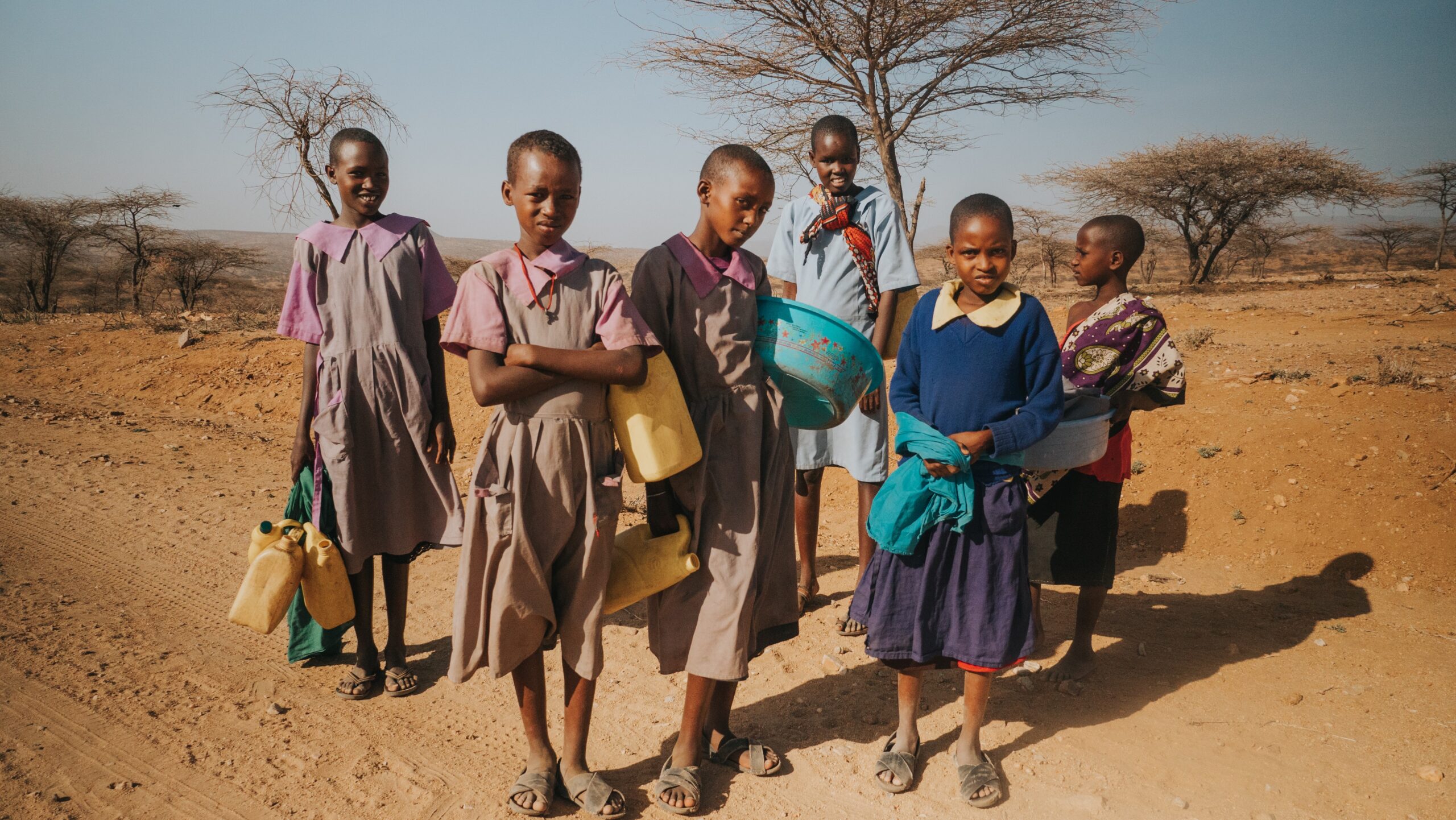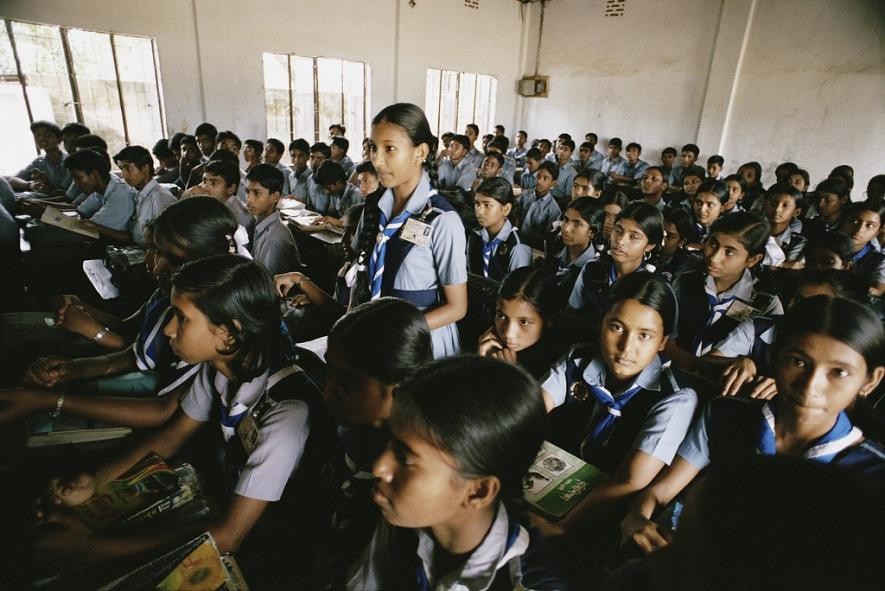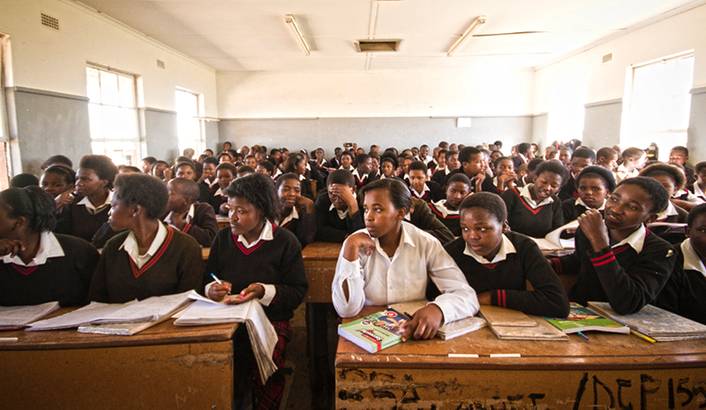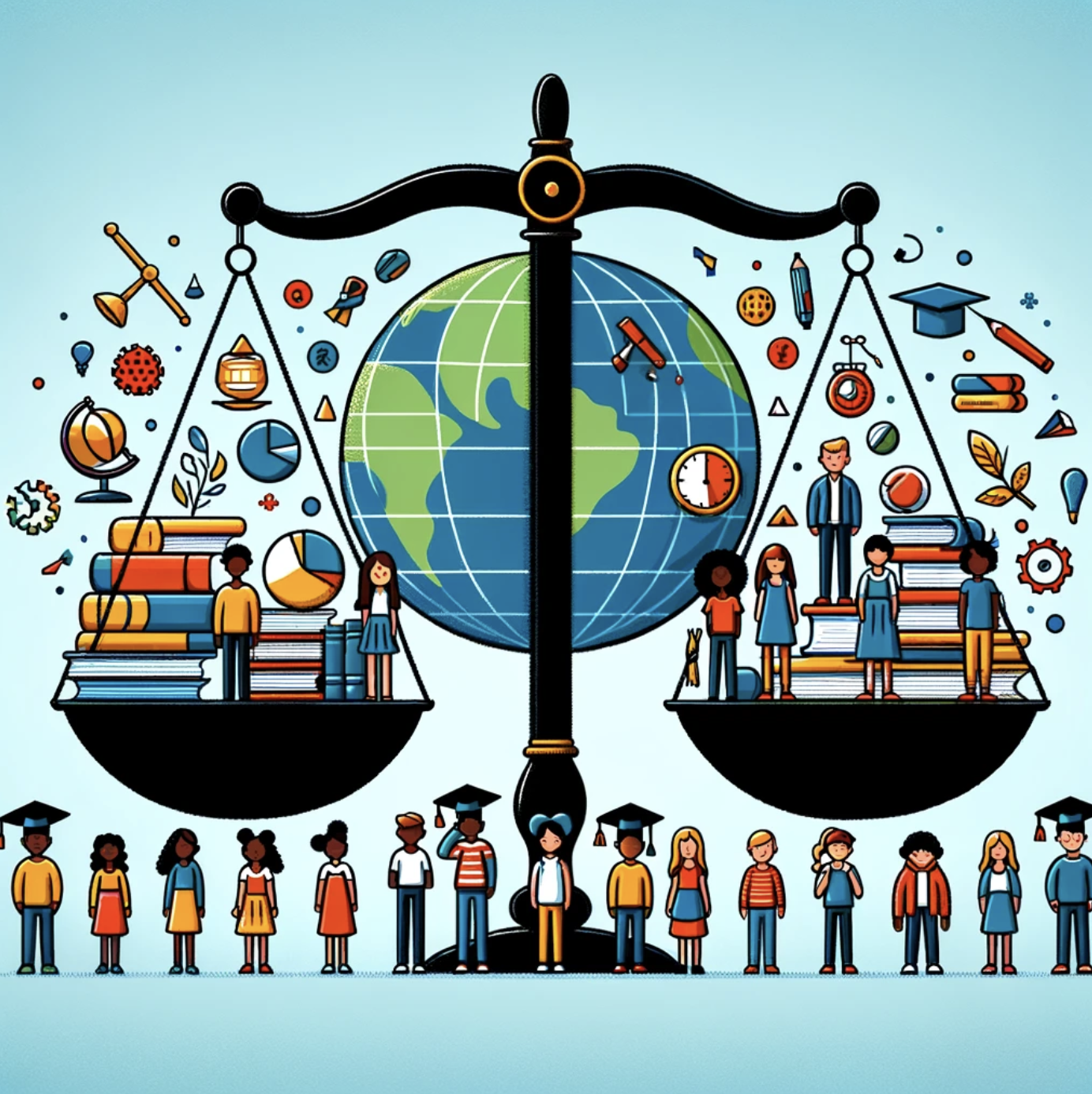Education should be accessible to all, yet rigid systems exclude millions of potential learners—especially working professionals, rural students, and women. Traditional education models assume full-time availability, financial stability, and physical presence, making it difficult for many to participate. Barriers to …
Higher education is often seen as a gateway to better job opportunities, but for many students in developing regions, degrees fail to provide international mobility. Without global accreditation, many graduates find themselves locked out of multinational job markets. Limited Accreditation …
Education is often hailed as the key to economic advancement and personal success. However, for many students in developing regions, the reality is far from this ideal. Local education systems suffer from outdated curricula, overcrowded classrooms, and teacher shortages— severely …
Education has long been heralded as the key to social mobility, economic development, and individual empowerment. Yet, for millions across worldwide, and especially in West Africa, Southeast Asia, and parts of Europe, education remains an elusive dream—not due to a …
Economic disparity between nations is not just about resources—it is about education. The ability of a country to compete globally, innovate, and build sustainable economic systems is directly tied to its investment in education. Yet, millions of children and young …
Education is more than just learning—it is the foundation of innovation, economic growth, and social progress. Yet, millions of children worldwide remain out of school, cutting off a vast reservoir of untapped talent. The loss of these potential scientists, entrepreneurs, …






